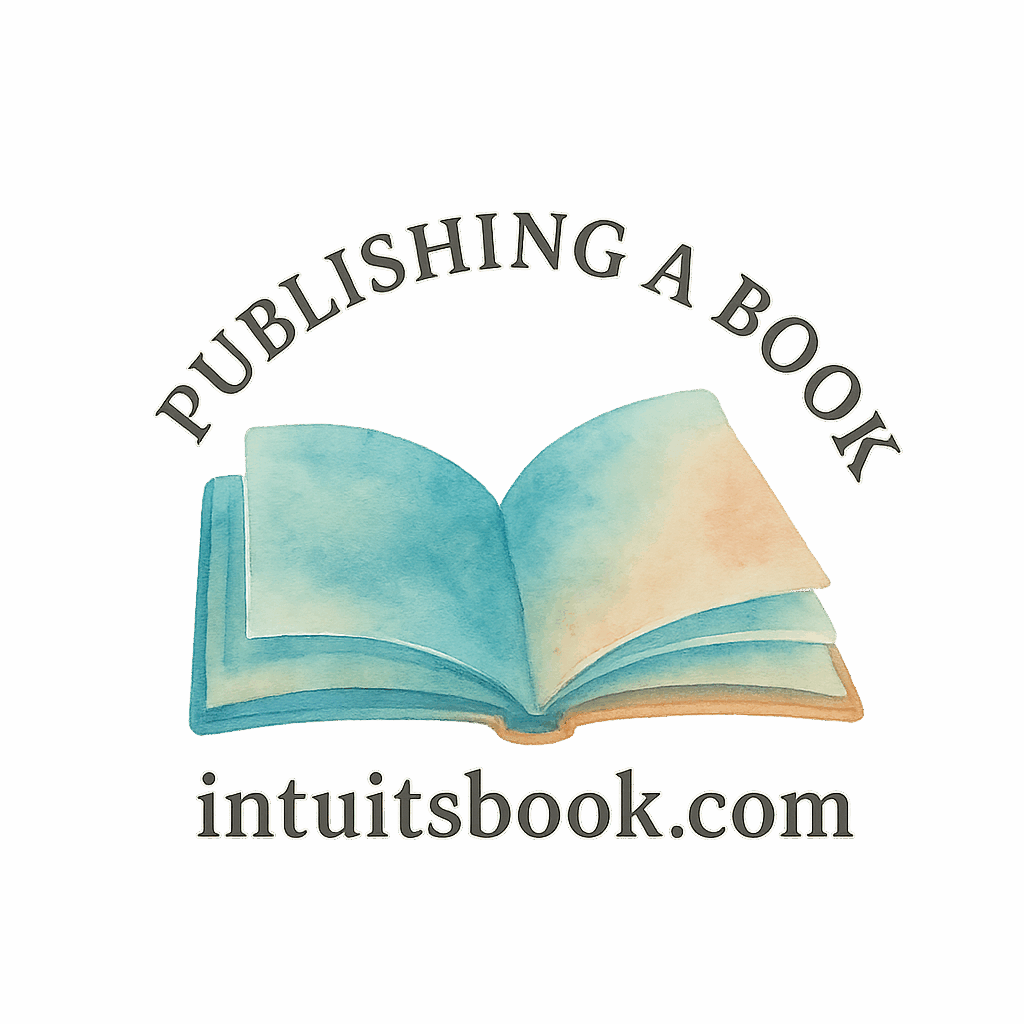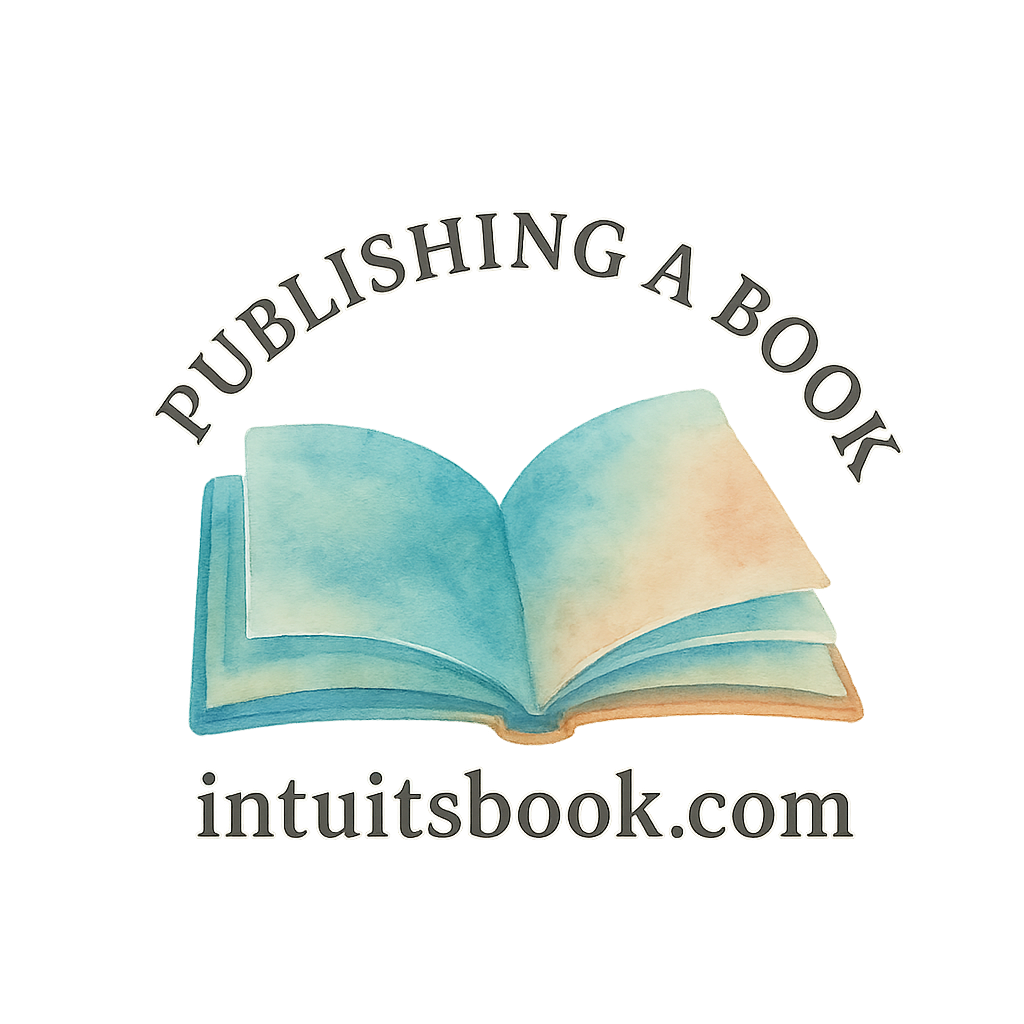So, you’ve got a story burning inside you, and now you’re ready to share it with the world. But how do you go from blinking cursor to published author—without waiting for a traditional publisher to give you the green light?
Welcome to the world of self-publishing! Whether you’re just starting out or looking to sharpen your indie author game, this guide lays out 10 simple, powerful steps to get your book out there successfully.
Let’s dive in and make your author dream come true!
Step 1: Start with a Strong Book Idea
Why Your Book Idea Matters
You can’t bake a cake without ingredients, and you can’t publish a book without a strong idea. Your concept is the foundation for everything else. Is it fresh? Is it relevant? Will readers care?
Great books solve a problem, entertain deeply, or offer something unique.
Tools to Refine Your Idea
To sharpen your idea, brainstorm, free-write, or use a mind map. Need help? Check out this post on book idea inspiration.
Also, explore the Writing Process page on Intuit’s Book to help shape your story’s core.
Step 2: Understand Your Target Audience
Who Are You Writing For?
Writing without knowing your audience is like throwing darts blindfolded. Ask yourself:
- What age group?
- What genres do they love?
- What problems or dreams do they have?
How Audience Research Impacts Success
Knowing your audience helps you make better decisions about your tone, cover design, pricing, and marketing. It’s step one in becoming an independent author who truly connects with readers.
Step 3: Plan Your Writing Process
Setting Up a Writing Schedule
Life gets busy. That’s why a writing schedule isn’t a luxury—it’s a necessity. Choose blocks of time during the week to write. Even 30 minutes a day adds up.
Tools That Keep You on Track
Try Scrivener, Google Docs, or a good old-fashioned notebook. For more tools, check out the Author Tools section to level up your routine.

Step 4: Write Your First Draft
Embrace Imperfection in Drafting
Don’t overthink it—just write. That first draft isn’t about perfection. It’s about pouring the story out so you can shape it later.
Focus on Flow, Not Flaw
Give yourself permission to write messy. You can fix it later. Want more tips on this? Visit the Book Draft Tips section for encouragement.
Step 5: Edit and Revise Like a Pro
Self-Editing Techniques That Work
Start with big-picture issues: plot holes, character development, pacing. Then move on to grammar and sentence structure.
When to Bring in a Professional Editor
An experienced editor polishes your work and helps you avoid costly mistakes. Remember: professional editing separates amateurs from pros.
You can explore insights on manuscript steps that every author should follow during editing.
Step 6: Design a Standout Book Cover
Why Covers Matter More Than Ever
People do judge books by their covers. A compelling, genre-appropriate design draws readers in and builds instant trust.
Where to Find Affordable Design Help
You can try Fiverr, 99designs, or even Canva if you’re on a budget. For a deeper dive, visit Book Publishing Tools and scroll through options to suit your needs.
Step 7: Format Your Book for Publishing
Print vs. eBook Formatting Differences
Print needs page numbers, margins, and proper trim size. eBooks need reflowable text and clickable TOCs.
Formatting Tools for Indie Authors
Vellum (for Mac), Reedsy’s free formatting tool, or Atticus are great choices. Dive into the learn to publish tag to learn more about formatting like a pro.
Step 8: Choose the Right Self-Publishing Platform
Amazon KDP vs. Others: What You Should Know
Amazon KDP is the most popular, but don’t ignore IngramSpark, Apple Books, Kobo, or Draft2Digital. Want to understand the full picture? Read up on Self-Publishing options.
Multi-Platform Publishing Tips
Diversifying your platform strategy protects your book from changes in one market. Many new authors find success by reaching different audiences across platforms.
Step 9: Market Your Book Like a Pro
Book Marketing Tactics That Work
Your book won’t sell if no one knows about it. Use social media, email lists, podcasts, and newsletters to build buzz.
Leverage Free Marketing Channels
Use free marketing strategies like guest blogging, online communities, and local events. Head to Book Marketing for a breakdown that works for real authors.
And if you’re just starting, peek at Publishing Hacks for clever ways to get noticed.
Step 10: Keep Promoting Post-Launch
The Power of Ongoing Author Branding
Marketing doesn’t stop once your book is out. Keep showing up online, in person, and through fresh content. Consider blogging your journey or sharing writing tips.
Build Your Author Career Over Time
Rome wasn’t built in a day—and neither is an author career. Check out Author Career to learn how to grow from one book into a long-term brand.
Also, browse our curated Publishing Courses and Author Education resources to keep leveling up.
Conclusion
Self-publishing isn’t just an alternative to traditional publishing—it’s a powerful path to becoming the author you’ve always dreamed of being. From the first spark of an idea to promoting your book well after launch, each step you take builds momentum.
And the best part? You don’t have to wait for permission. You’re in control.
Explore more at Intuit’s Book and take your next bold step toward publishing success today.
FAQs
1. Is self-publishing better than traditional publishing?
It depends on your goals. Self-publishing offers more control and higher royalties, while traditional publishing offers broader distribution and editorial support. Learn more here.
2. How much does it cost to self-publish a book?
Anywhere from $100 to $3,000 depending on editing, design, and marketing. You can minimize costs using free tools and resources like those in the Self-Publishing section.
3. Can I publish my book for free?
Yes, platforms like Amazon KDP let you publish for free, but investing in editing and design helps ensure quality.
4. How long does it take to self-publish a book?
It varies. Some authors publish in a few weeks, while others take months. A well-planned schedule can shorten the timeline.
5. What’s the best platform to self-publish my first book?
Amazon KDP is a great starting point. Explore others on the Self-Publishing page.
6. Do I need an ISBN for self-publishing?
Most platforms offer free ISBNs, but owning your ISBN gives you more control and credibility.
7. How do I promote my book without spending money?
Utilize social media, book blogs, reader communities, and free marketing techniques listed under Free Marketing.


